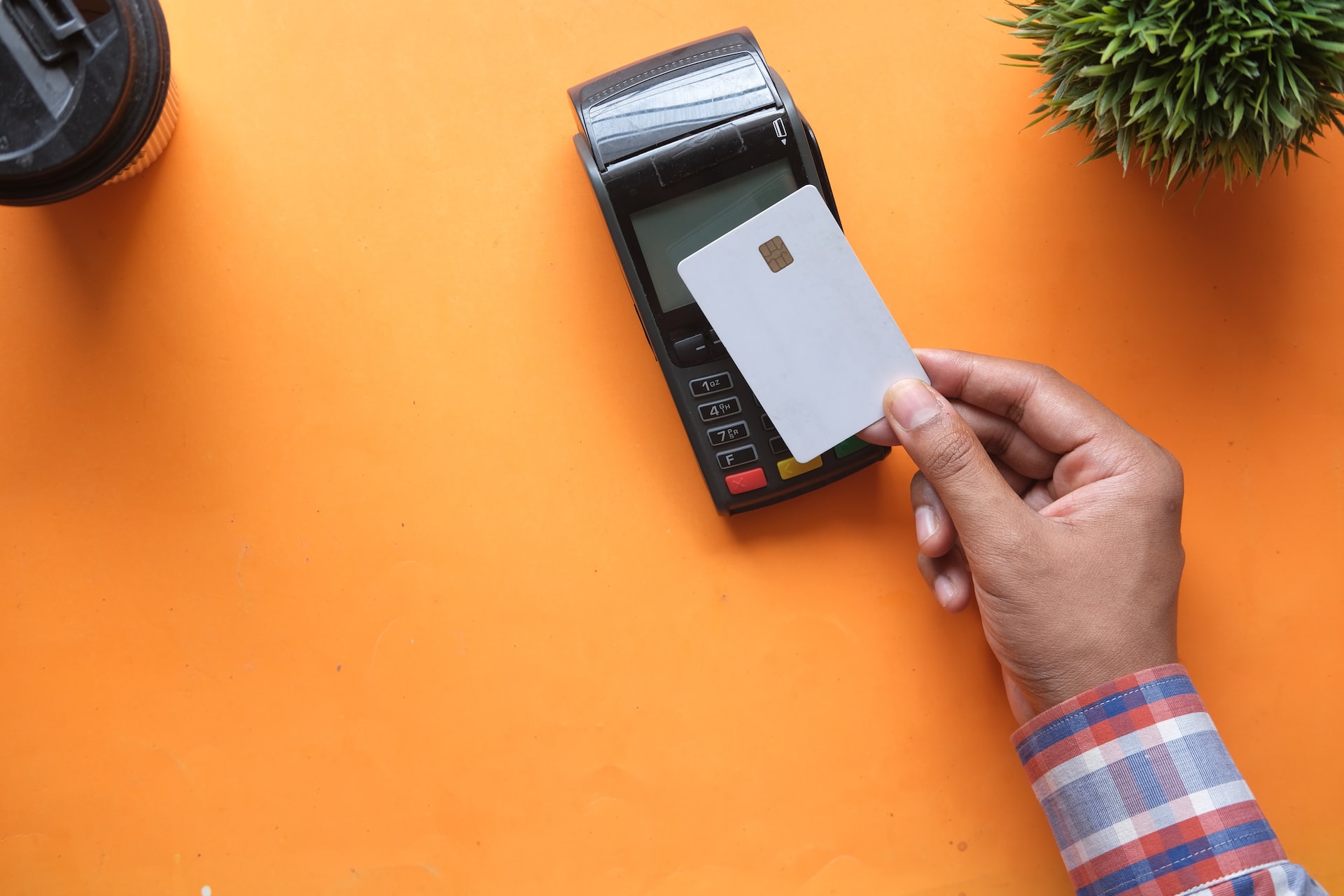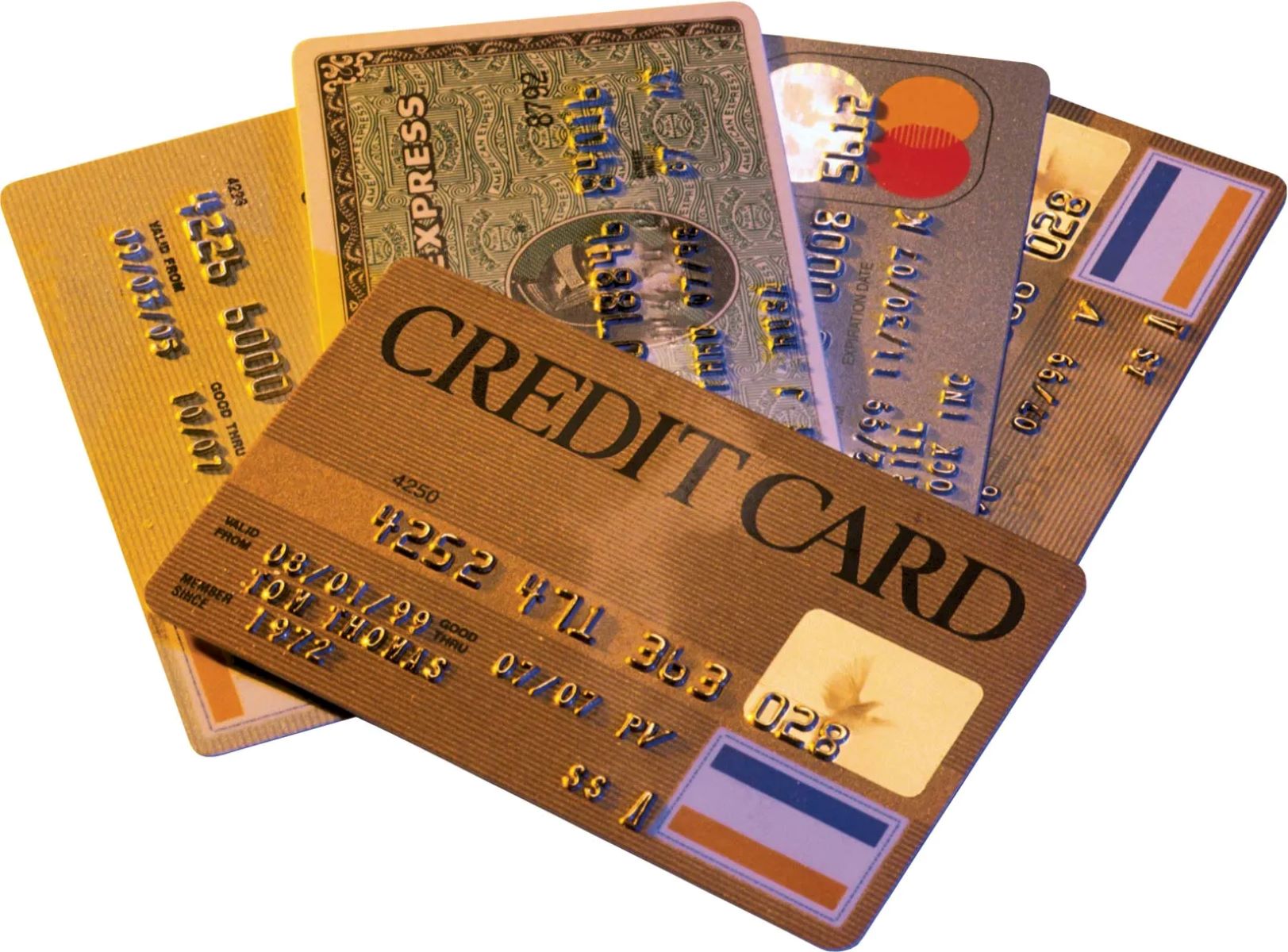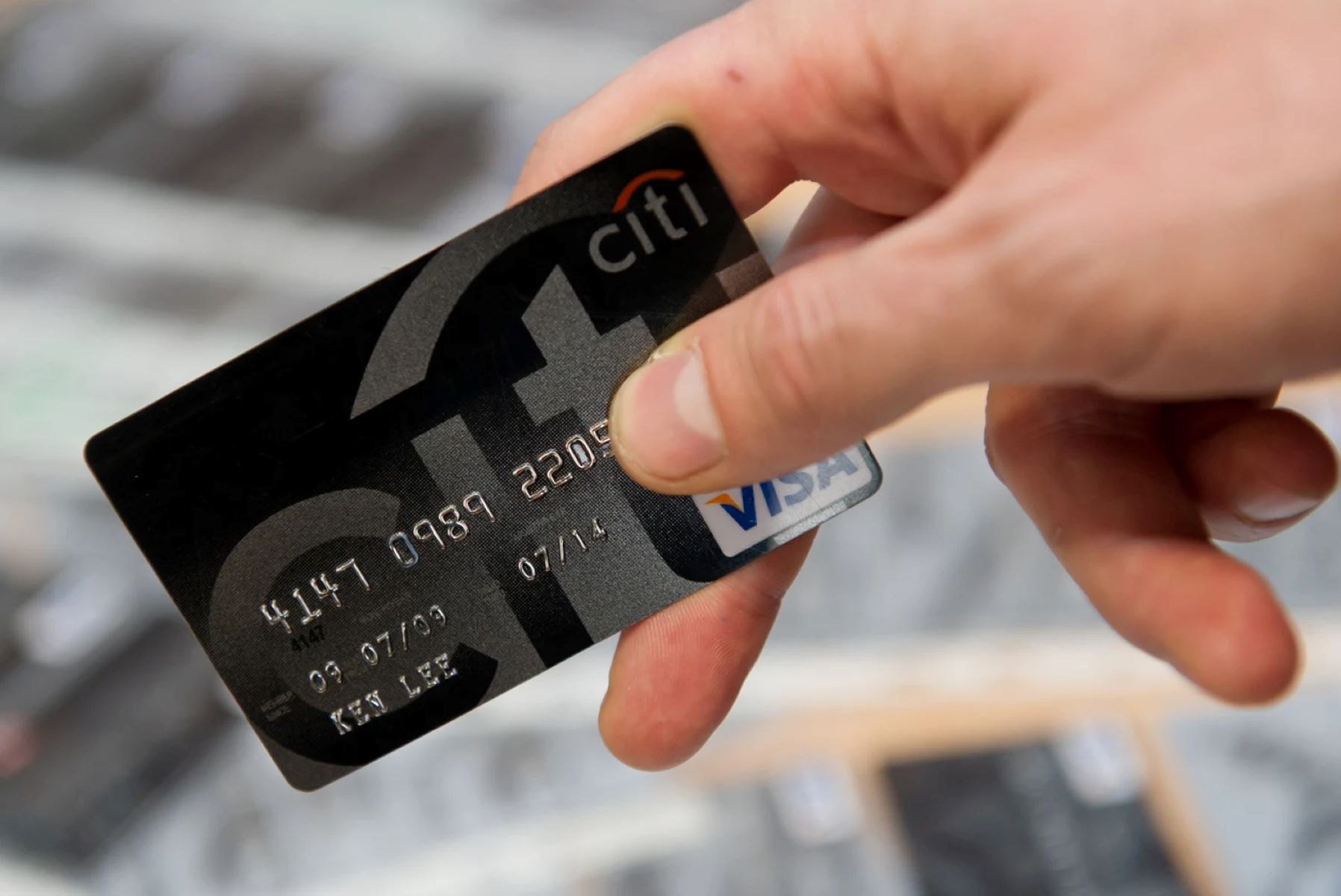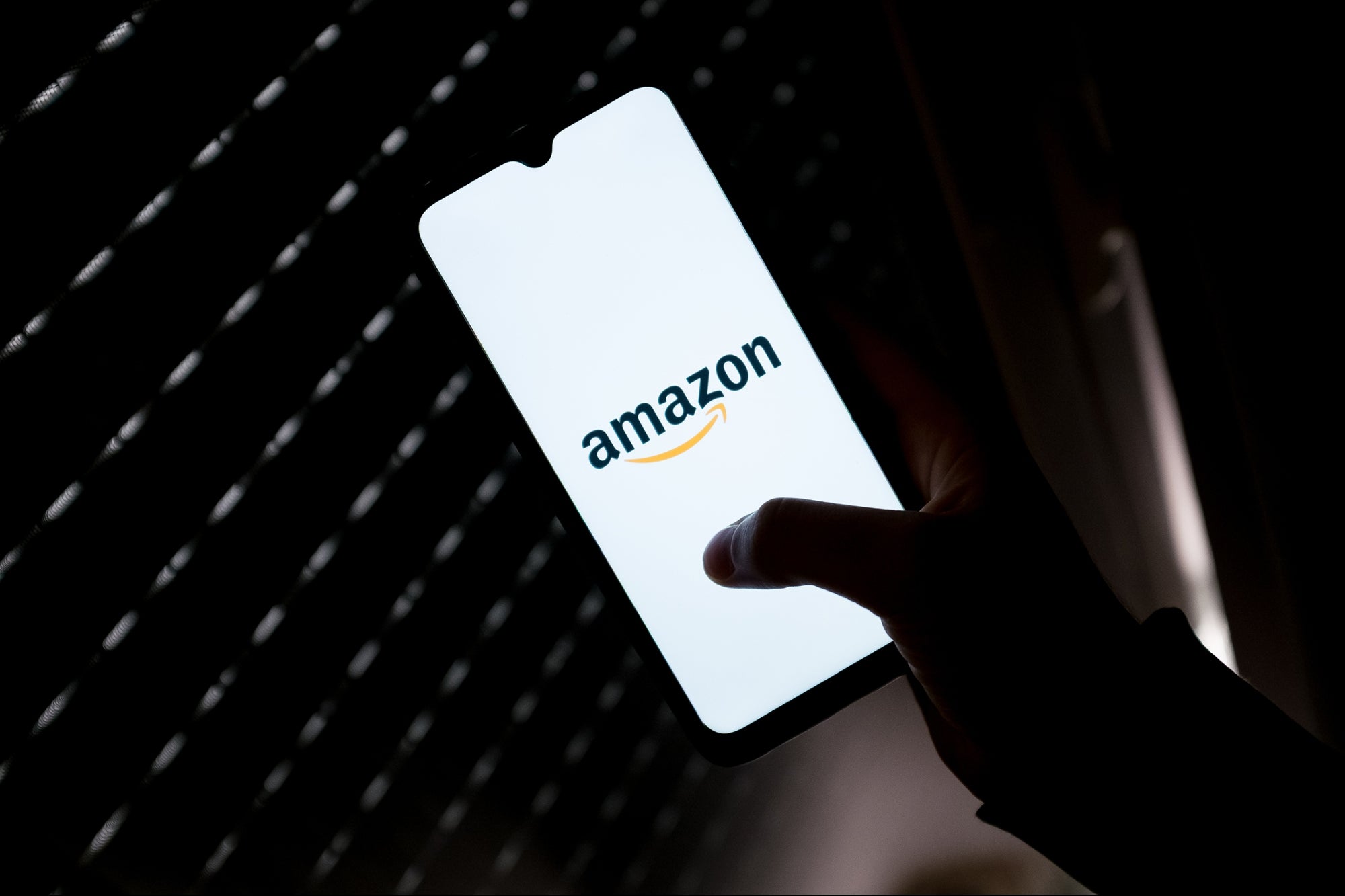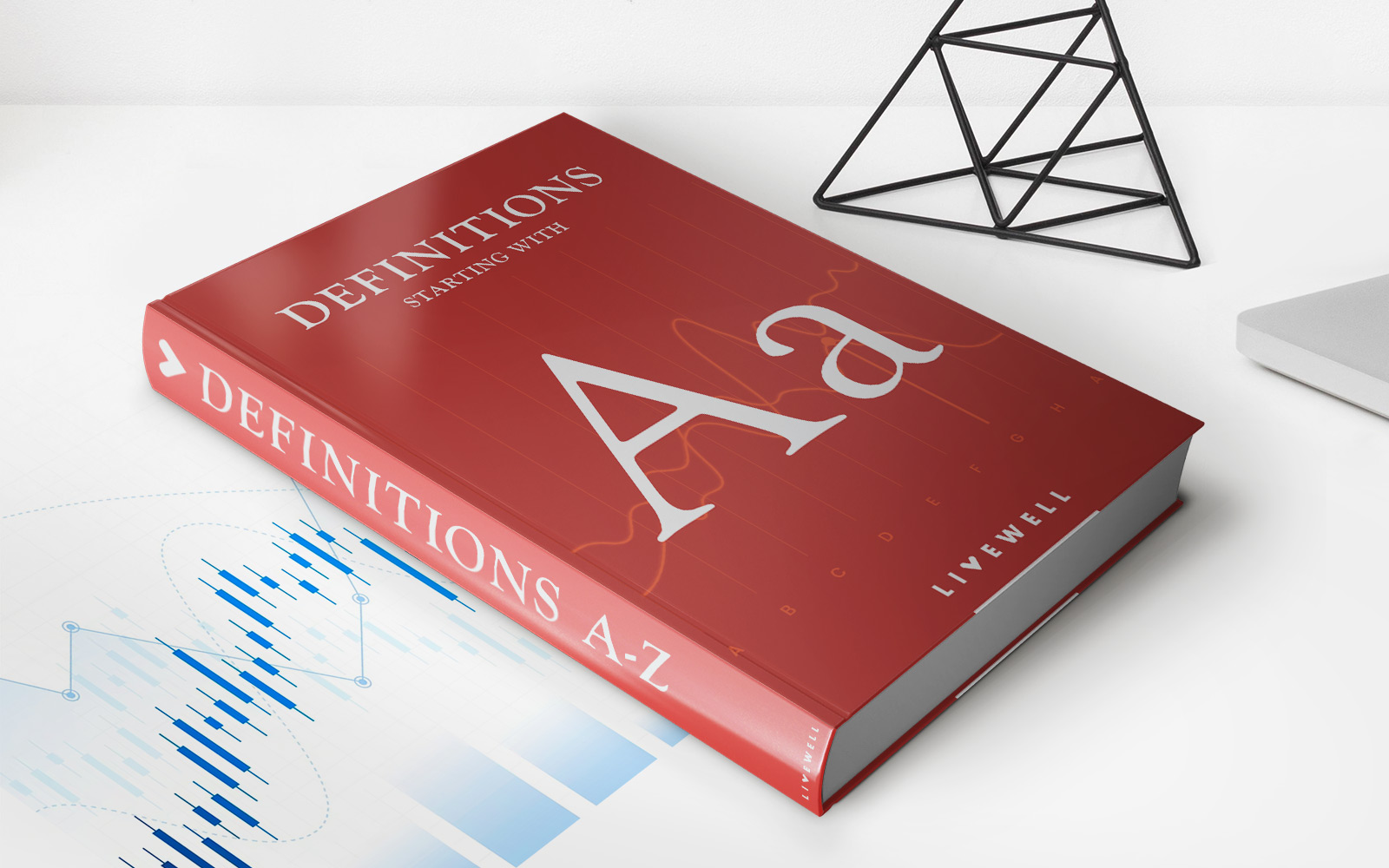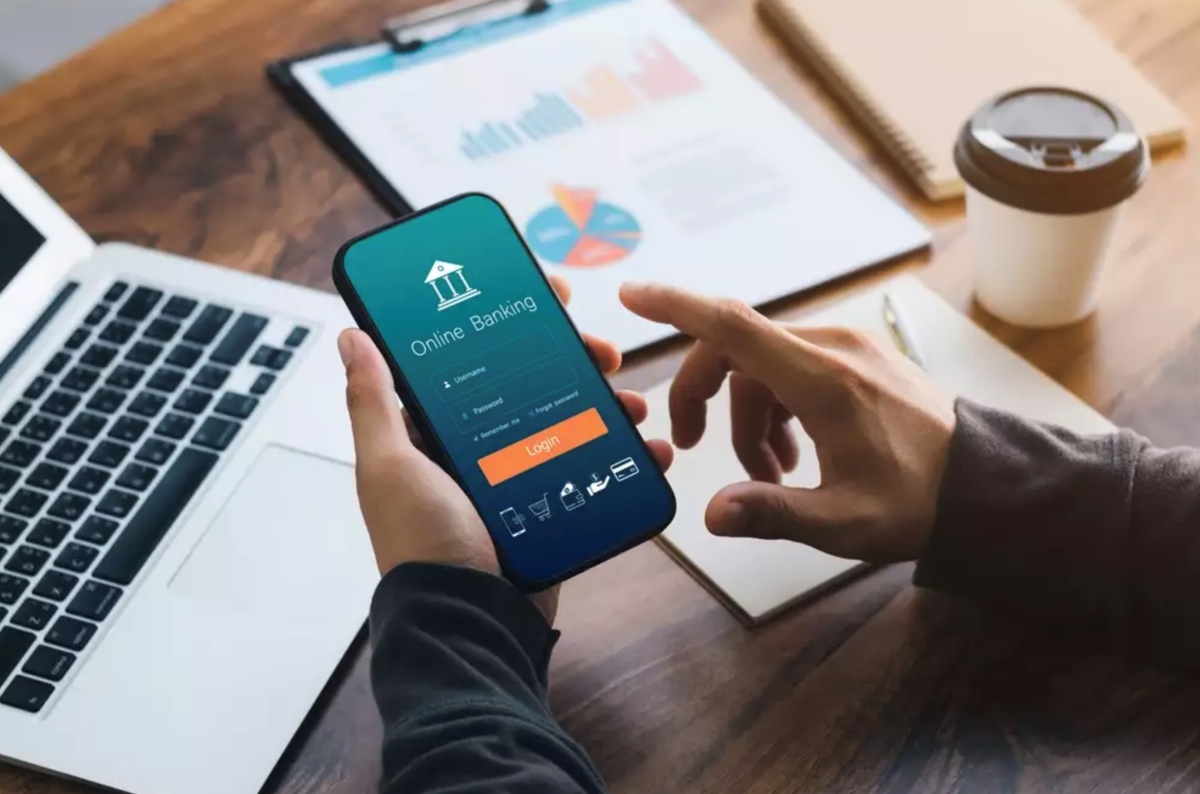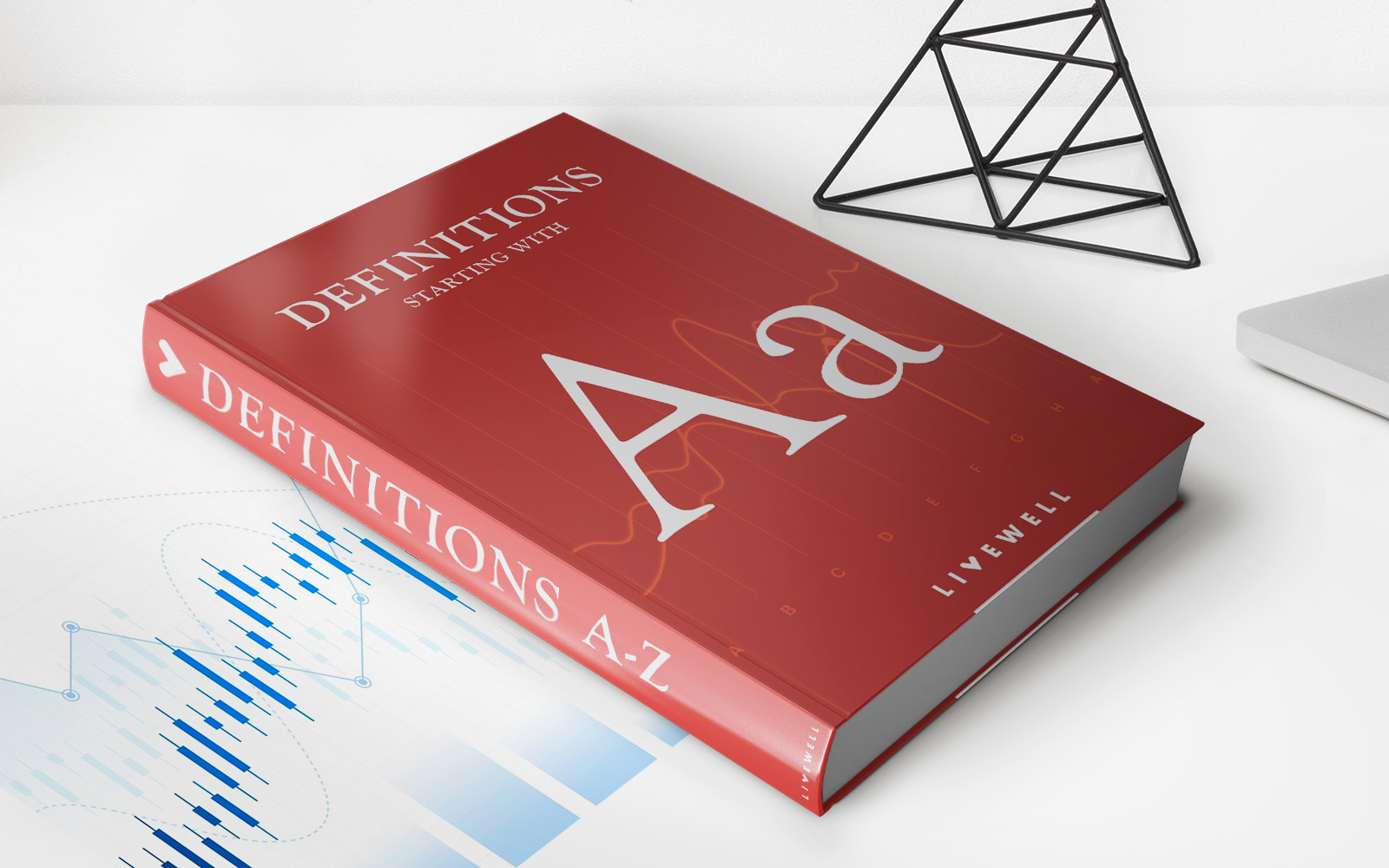

Finance
What Happens If I Don’t Use Credit Card
Published: November 6, 2023
Discover the consequences of not using a credit card on your finances. Find out how relying solely on cash can impact your credit score and limit your financial options.
(Many of the links in this article redirect to a specific reviewed product. Your purchase of these products through affiliate links helps to generate commission for LiveWell, at no extra cost. Learn more)
Table of Contents
Introduction
A credit card is a widely used financial tool that allows individuals to make purchases on credit. It offers convenience, security, and flexibility in managing expenses. However, some may question the necessity of using a credit card and wonder what would happen if they choose not to have one. In this article, we will explore the implications of not using a credit card and discuss the potential benefits and drawbacks of alternative payment methods.
Understanding how credit cards work is essential in evaluating the impact of not using them. When you use a credit card, you are essentially borrowing money from the card issuer to make purchases. The issuer grants you a credit limit, which is the maximum amount you can charge to your card. At the end of each billing cycle, you receive a statement outlining your purchases, and you have the option to pay the balance in full or carry it forward and incur interest charges.
Now that we have a basic understanding of credit cards, let’s delve into the benefits that come with using them.
Understanding Credit Cards
Credit cards serve as a convenient and widely accepted payment method in today’s digital age. They provide individuals with access to a line of credit, allowing them to make purchases and pay for them at a later date. By understanding how credit cards work, you can make informed decisions about their usage and the potential impact on your financial well-being.
When you apply for a credit card, the card issuer assesses your creditworthiness based on factors such as your credit history, income, and existing debts. If approved, you are granted a credit limit, which represents the maximum amount you can charge to your card.
Using a credit card involves making purchases up to your credit limit. Each time you use the card, the issuer records the transaction and accumulates these charges throughout the billing cycle. At the end of the cycle, you receive a statement that outlines all your purchases and indicates the minimum payment due.
If you choose to pay the minimum amount, the remaining balance on the card carries over to the next billing cycle, and you will be charged interest on the outstanding balance. To avoid interest charges, it is advisable to pay your balance in full by the due date indicated on the statement.
It is important to note that credit cards offer various features and benefits to cardholders. These may include rewards programs, cashback options, fraud protection, and the ability to build a positive credit history. By utilizing credit cards responsibly, you can take advantage of these benefits and establish a strong credit profile.
Now that we have a better understanding of how credit cards function, let’s explore the advantages of using them.
The Benefits of Using Credit Cards
Credit cards offer a wide range of benefits to individuals who use them responsibly. Understanding these advantages can help you make an informed decision about whether or not to incorporate credit cards into your financial routine.
1. Convenience: Credit cards provide a convenient and secure payment method, allowing you to make purchases both online and in-person with ease. They eliminate the need for carrying large amounts of cash and provide a quick and efficient way to complete transactions.
2. Buyer Protection: Credit cards often come with built-in buyer protection benefits, such as purchase protection and extended warranty coverage. In case of fraud or disputes, credit card companies may assist you in resolving these issues and potentially reversing fraudulent charges.
3. Rewards and Perks: Many credit cards offer rewards programs that allow you to earn points, cashback, or airline miles based on your spending. These rewards can be redeemed for various benefits, including travel discounts, gift cards, or statement credits, providing additional value for your purchases.
4. Building Credit History: Effective use of a credit card can help you establish and build a positive credit history. By consistently making payments on time and keeping your credit utilization low, you can improve your credit score. A good credit score is beneficial when applying for loans, mortgages, or even future credit card applications.
5. Emergencies and Flexibility: Credit cards can serve as a financial safety net during emergencies or unexpected expenses. They provide immediate access to funds when needed, offering you peace of mind and the ability to handle unforeseen circumstances.
6. Travel Benefits: Many credit cards offer travel-related benefits, such as travel insurance, airport lounge access, and no foreign transaction fees. These perks can enhance your travel experience and save you money on international purchases.
While credit cards come with numerous advantages, it is essential to use them responsibly and be mindful of potential drawbacks. In the next section, we will discuss what happens if you choose not to use a credit card and explore alternative payment methods.
What Happens If I Choose Not to Use a Credit Card?
While credit cards offer numerous benefits, not everyone may find them necessary or suitable for their financial situation. If you choose not to use a credit card, there are several implications to consider.
Limited Payment Options: One of the main consequences of not using a credit card is the limited payment options available to you. Certain online retailers, travel agencies, and rental car companies may require a credit card for reservations or transactions. Without a credit card, you may need to rely on alternative methods such as debit cards, cash, or other payment apps.
No Building of Credit History: Credit cards provide an opportunity to build a credit history. By consistently using a credit card and making timely payments, you can establish a positive credit profile. Without a credit card, it may be more challenging to demonstrate your creditworthiness, which can impact your ability to qualify for loans, mortgages, or other forms of credit in the future.
Lower Credit Scores: Along with building credit history, using credit cards responsibly can contribute to a higher credit score. Credit scores take into account factors such as payment history, credit utilization, and the length of credit history. With no credit cards in your financial portfolio, you may have a more limited credit profile, potentially leading to a lower credit score.
Lack of Rewards and Perks: Credit cards often offer rewards programs and perks that can provide financial benefits. By not using a credit card, you may miss out on earning points, cashback, or other rewards that can be redeemed for discounts or other perks.
Potential Emergency Funding Challenges: Credit cards can act as a financial safety net during emergencies or unexpected expenses. Without a credit card, you may need to rely on other sources of funding, such as personal savings, loans, or assistance from family and friends. This lack of immediate access to credit can potentially create financial strain during difficult times.
It’s important to note that not using a credit card doesn’t mean you can’t have a strong financial foundation. Many individuals successfully manage their finances without relying on credit cards. Exploring alternative payment methods and adopting responsible financial habits can help mitigate some of the disadvantages of not using credit cards.
Exploring Alternative Payment Methods
If you choose not to use a credit card, there are several alternative payment methods you can consider. While these methods may have their own advantages and limitations, understanding the available options can help you make informed decisions about your financial transactions.
Debit Cards: Debit cards are an alternative to credit cards, as they allow you to make purchases using funds directly from your bank account. They provide the convenience of card payments, but without the need to borrow money or pay interest. However, it’s important to be aware of your available funds and avoid overdrawing your account to prevent fees.
Cash: Cash remains a widely accepted form of payment, particularly for in-person transactions. While cash transactions may require you to carry physical currency, they offer immediacy and the ability to track your spending more tangibly. However, cash does not provide the same level of security and protection against loss or theft as credit cards.
Mobile Payment Apps: With the rise of smartphones, mobile payment apps have gained popularity. These apps, such as Apple Pay, Google Pay, or Samsung Pay, allow you to link your bank account or credit/debit card and make contactless payments using your phone. They provide convenience and security, but their availability may vary depending on your location and the acceptance of these apps by merchants.
Online Payment Services: Online payment services like PayPal, Venmo, or Skrill offer a digital platform for making payments and transferring money. These services act as intermediaries, allowing you to link your bank account or credit/debit card and complete transactions securely. Online payment services are widely accepted by online retailers, making them a convenient alternative to credit cards for e-commerce transactions.
Bank Transfers: Bank transfers, also known as electronic funds transfers, enable you to move funds from your bank account directly to another person or entity. This method is commonly used for paying bills, transferring funds between accounts, or making large purchases. However, bank transfers may require additional processing time and may not be as widely accepted as credit cards.
Exploring these alternative payment methods can help you find solutions that align with your financial preferences and needs. It’s important to consider factors such as convenience, security, acceptance, and the ease of tracking and managing your transactions when choosing the right payment method for you.
Potential Drawbacks of Not Using Credit Cards
While there are benefits to not using credit cards, it is essential to be aware of potential drawbacks that may arise from this decision. Understanding these drawbacks can help you make an informed choice about whether or not credit cards are necessary for your financial situation.
Limited Fraud Protection: Credit cards often provide robust fraud protection measures, such as zero liability for unauthorized transactions. If you solely rely on debit cards, cash, or other payment methods, you may have limited recourse in the event of fraudulent activity or disputes with merchants.
Missed Rewards and Perks: By not using credit cards, you may miss out on various rewards, perks, and benefits offered by credit card issuers. Credit cards often provide cashback, travel rewards, and other incentives that can save you money or enhance your purchasing experience.
No Credit Building Opportunities: Without using credit cards, you may have limited opportunities to build a credit history and establish a positive credit score. This can make it more challenging to qualify for loans, mortgages, or other forms of credit in the future.
Limited Purchase Protections: Credit cards typically offer additional purchase protections, such as extended warranties or price protection. These benefits can provide peace of mind when making significant purchases. Without a credit card, you may not have access to these safeguards.
Emergency Fund Access: Credit cards can serve as a financial safety net during emergencies or unexpected expenses. Not having a credit card may necessitate relying on other sources of funding, which may not be as readily accessible or have the same level of convenience.
Reduced Financial Flexibility: Credit cards provide a level of flexibility in managing expenses and can help smooth out cash flow by allowing you to make purchases and pay the balance at a later date. Without a credit card, you may need to rely on cash or other payment methods, potentially limiting your ability to manage large or unexpected expenses.
It is important to carefully evaluate these potential drawbacks in line with your financial goals and circumstances. Consider your spending habits, financial discipline, and the value you place on the various benefits associated with credit card usage when determining if not using credit cards is the right choice for you.
Conclusion
Deciding whether or not to use credit cards is a personal choice that depends on your individual financial circumstances, preferences, and goals. While credit cards offer convenience, security, and various benefits, they are not the only payment method available.
In this article, we explored the implications of not using a credit card and discussed alternative payment methods, such as debit cards, cash, mobile payment apps, and online payment services. Each method comes with its own advantages and limitations, and it’s important to choose what aligns best with your financial needs.
We also highlighted potential drawbacks of not using credit cards, such as limited fraud protection, missed rewards and perks, and the inability to build a credit history. It’s crucial to consider these factors when evaluating whether credit cards are necessary for your financial well-being.
Ultimately, the decision to use or not use credit cards should be based on your financial goals and habits. If you choose not to use credit cards, be proactive in exploring alternative payment options and find ways to establish and maintain a strong financial foundation.
Remember, responsible financial management, regardless of the payment method you choose, is key to maintaining a healthy financial outlook. Regularly track your expenses, make timely payments, and prioritize building a solid credit history to achieve financial success.
Ultimately, whether you choose to rely on credit cards or explore alternative payment methods, it’s all about finding a balance that suits your financial lifestyle and works towards your financial goals.
